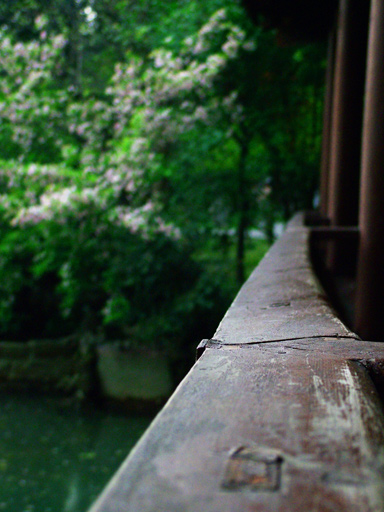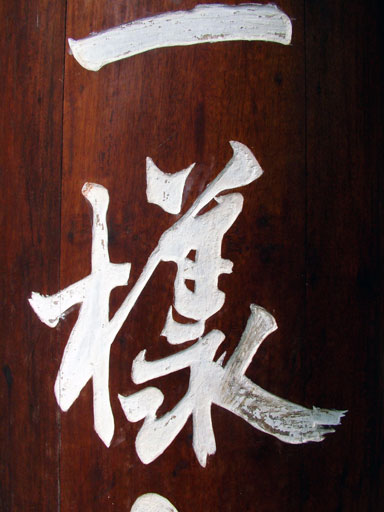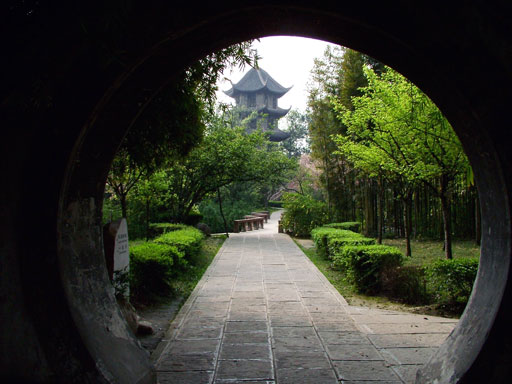About Us (2)
Absurd photo du jour (4)
Adding a comment (2)
Asia is easy to love (9)
China (48)
Food - the weird, the wonderful, the just plain tasty (17)
Hong Kong (7)
India (43)
Indonesia (7)
Japan (6)
Singapore (3)
Taiwan (3)
Thailand (19)
Things that perturb me (3)
Travel thoughts and whimsy (10)
* Lucky cats are everywhere
* Day Two: A Ten Tatami Mat Room and a Very Hot Bath
* Recidivist Miffy
* Day One: Landing, Super-travellers, Vending Machines
* Eight days, eight addictions
* Japan: the Godzilla of travel destinations?
* Taipei: the surrealness reaches its zenith
* Taipei: surreal experiences upon settling in
* Taipei: surreal experiences on entry
* It's milky, it's tangy, it's fizzy ... it's FantaLactic!
* Cheapskates ride the yum cha train again
* Sad about Taiwan
* Filthy lucre in tabloid technicolour
* Fonzies
* We of Hong Kong's glorious Golden Mile
* Certifiable madness
* Yum cha equals home
* Durian breath and the city: Guangzhou
* I do so like green eggs and ham
April 15, 2005


Both these images were taken because I liked the textures, and because you cannot visit the exquisite grounds of a poet's thatched cottage (sited next to 'Flower Washing Brook') and not become obsessed with texture, colour and form.
(But the second photo is also a shame-faced nod to the fact that while I like to chuckle about dodgy 'Chinglish' in China, I will happily take photos of characters I can't even READ because they 'look pretty'. Aah, contradictions!)

Viewing tower in the grounds of Du Fu Caotang, seen through a circular gate.
One of Chengdu's attractions is the so-called 'thatched cottage' which was once home to the renowned Chinese poet Du Fu.
When you actually arrive, you find that Du Fu's thatched cottage is not in fact there any more - though this is hardly surprising given that the man wrote during the Tang Dynasty and lived from 712-770AD.
What is surprising, though, is the sense of enchantment and reverie among the visitors to this site. The entry fee here is steep - 30 yuan. That would buy you many meals at any ordinary Chinese restaurant, or perhaps ten large bottles of beer. This place costs.
Despite this, there are only Chinese visitors here. No foreigners other than us appear today. The Chinese wander the halls of the temple-like buildings that have been errected on this site, and sit contemplatively under the arched branches of blossom trees in full floral blaze.
One whole hall is dedicated to photos of Party dignitaries who've visited the cottage grounds. Another wooden-floored room houses impressive statues: Men of Letters wearing robes that billow in imaginary winds, their feet steeped in trails of clouds. The heavy stonework looks as ethereal as the elements it portrays.
This hall contains lengthy descriptions of the life, times and works of key figures in China's literary pantheon. Visitors read the walls with serious intent.
I am amazed, and taken aback at the cultural differences on display here. It is almost impossible to imagine a similar scene in a western context. There is something very particular going on here, something very particular to China.
I study the description pertaining to Bai Juyi (772-846AD). It informs me that while he was most fond of writing about ordinary people's lives and sufferings, and opposed 'meaningless sentimental works', he is also famous for the (sentimental) poem 'Chang Hen Ge' - or 'Poem of Eternal Regret'.
What a beautiful title, and how incredible that a poet's humble cottage should arouse such national and cultural pride. A whole hall honouring ancient poets and recalling their works as though penned yesterday is astounding.
It's that softer, lyrical, intellectual side of China that runs deceptively deep and yet is very easy to ignore or miss as a know-nothing outsider.